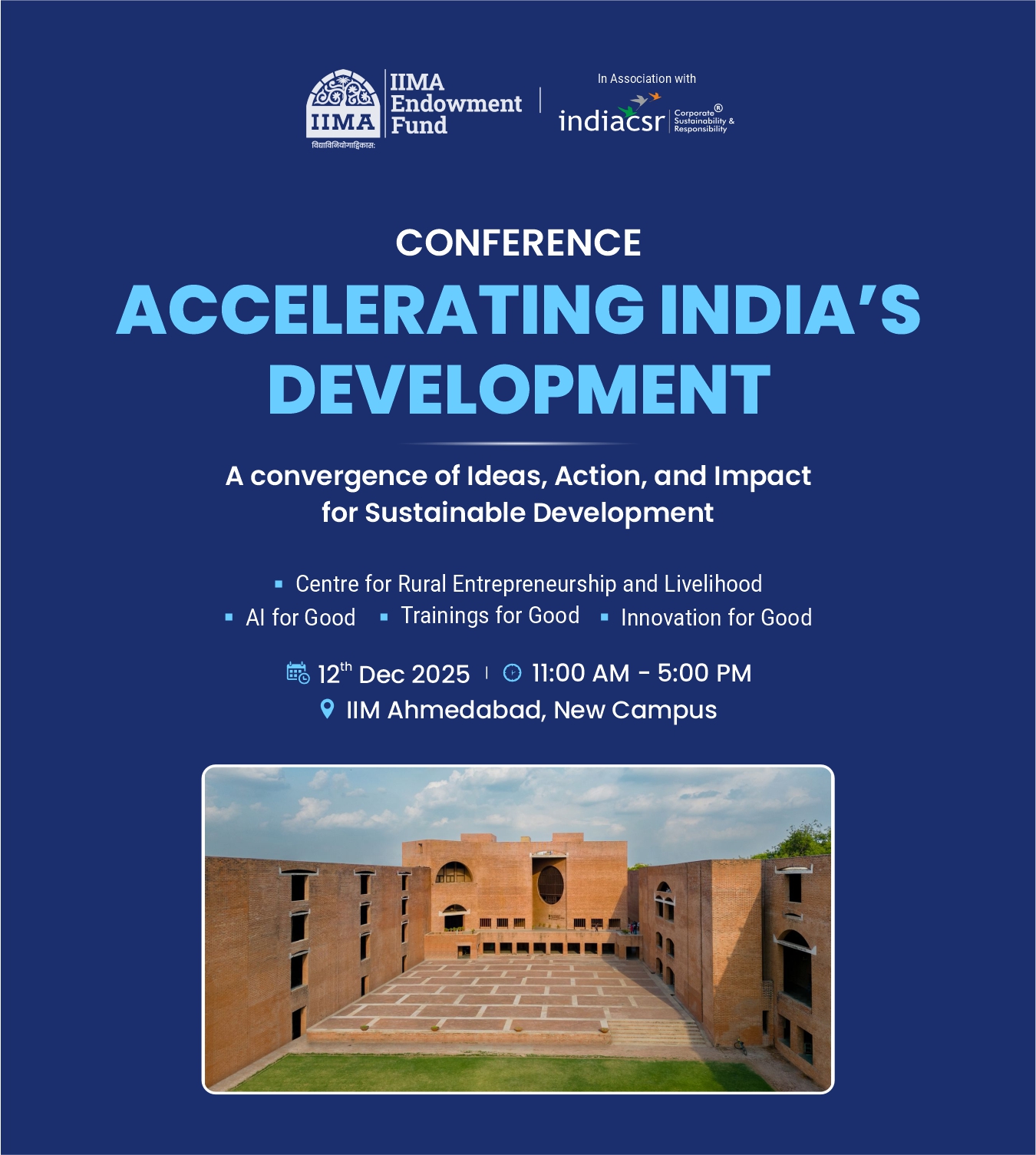NEW DELHI: As society, businesses and governments around the world face the complex challenges associated with climate change, Monsanto Company today announced at COP23 significant progress toward making its operations carbon neutral by 2021, a commitment it made in December 2015.
By making operational improvements and utilizing its unique portfolio of climate smart modern agriculture tools and practices, Monsanto has already reduced its carbon footprint by more than 200,000 metric tons, a reduction that is roughly equal to burning 200 million pounds less coal.
The company expects the rate of these reductions to accelerate over the next several years and is collaborating with farmers, NGOs and global partners to encourage the adoption of climate-smart practices across the agriculture industry.
“Farmers have been, and will continue to be, a positive force in adapting to and mitigating climate change,” said Hugh Grant, Monsanto chairman and chief executive officer.
“We’ve made progress in the reduction of our own carbon footprint, we want to lead by example and demonstrate the enormous potential that modern agriculture has in shrinking the industry’s global carbon footprint. Great strides have already been made, but to sustainably meet the food, fuel and fiber needs of 9.6 billion people by 2050, we must work collectively to do even more.”
Monsanto’s approach for achieving carbon neutrality focuses on three main areas:
- Internal operations, including seed production;
- Breakthrough products; and,
- Joint efforts with farmers and global partners.
A common denominator across Monsanto’s approach is the role of crops and healthy soil in adapting to and mitigating climate change. Working with outside experts in data science on extensive modeling, Monsanto has demonstrated that certain modern agriculture practices and innovations can reduce emissions and enable crops to be grown in a way that absorbs and stores greenhouse gases in the soil in amounts equal to or greater than the total amount of gases emitted from producing those crops.
“Many of the practices that reduce greenhouse gas emissions are quite beneficial for preserving natural resources, enhancing the efficiency of utilization of nutrients and positively impacting water and air quality,” says Debbie Reed, Executive Director of the Coalition on Agricultural Greenhouse Gases.




